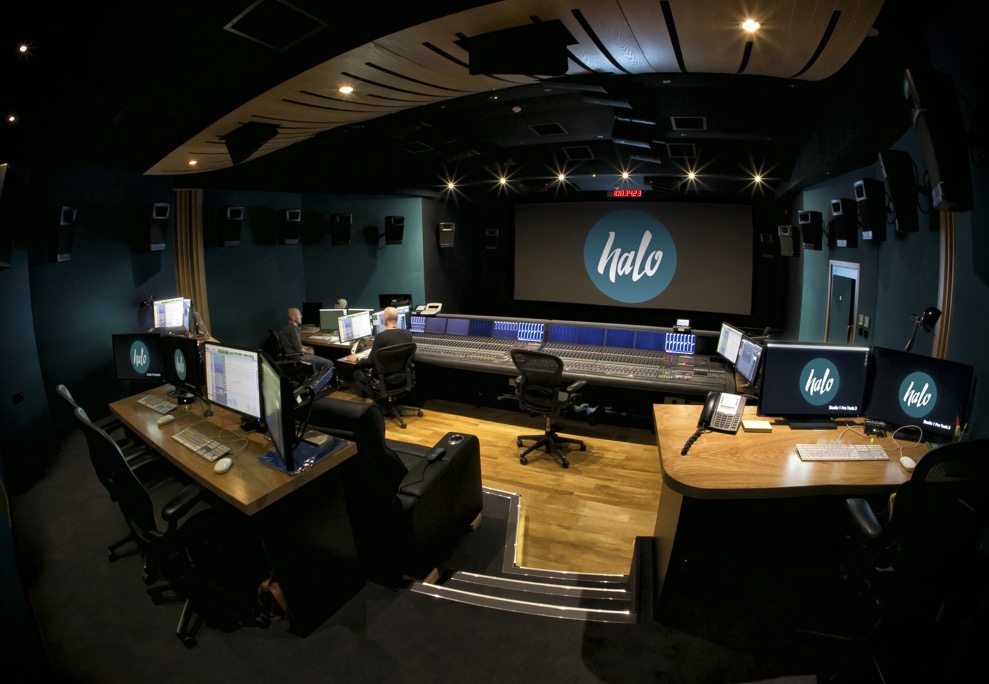GATEWAY PROFESSIONAL DEVELOPMENT TRAINING

FOR THE MUSIC, FILM, TV, THEATRE AND CREATIVE INDUSTRIES
The Essentials of Audio Post Production for Film and Television

Where is it held?
The course will be held in a leading Audio Post Production Studio in London but eventually in other cities.
Teachers and lecturers are also welcome join.
Who is it for?
This course is designed to acquaint all Creative Industries staff with the technology and terminology used in Audio Post Production for Film and Television. You might be in accounts, management, admin, sales, manufacturing or production.
As technology converges it is vital that we all know a little about what our colleagues do. This helps with communication and eliminates a lot of unintentional mistakes that are costly and time consuming.
This course then, is an investment rather than a cost.
This course is designed to give people a wider understanding of Audio Post operations and will also touch on Location Recording for Film and T:V:
There will be a second version of this course which is much more orienated to Technical participants.
How will it benefit Me?
You will be able to communicate more effectively with Post Production studio administration and operational staff and have a greater knowledge of the Audio post production process
You will know what information to provide and what is expected when booking studio sessions.
You will be be more effective and of increased value to your organisation.
The course will include
Terminology and jargon used in Audio Post Production; the principles of multi- track recording and the functions of mixing consoles; Record and playback systems and synchronisation including the differences between analogue and digital recording;
Transferring formats, timecode, frame rates; dubbing, automatic dialogue replacement; foley; DME (dialogue, music, effects), STEMs, versions, rushes, dailies; crossfade; location recording, wild tracks; diegetic sound;
Studio booking procedures, rates and the need to budget for consumable materials, hire equipment etc. The cost effective advantages of booking quality studios, who invest in proper maintenance to ensure the quality of sound, media storage issues.
Audio and new media and technologies; Effects and processors, reverb, equalisation and compression; Roles of producer, director, sound supervisor and sound engineer, assistant engineer, mastering engineer and musicians
Pre-production, programming, recording, mixing and re-mixing; Monitoring and studio acoustics; Mono, stereo, surround sound and immersive audio, stereo, Atmos.
Meta-data, rights issues, watermarking etc. Session management, documentation and archiving. Format terminology
We emphasis the importance of identifying the formats and equipment required for rewarding and trouble-free sessions;